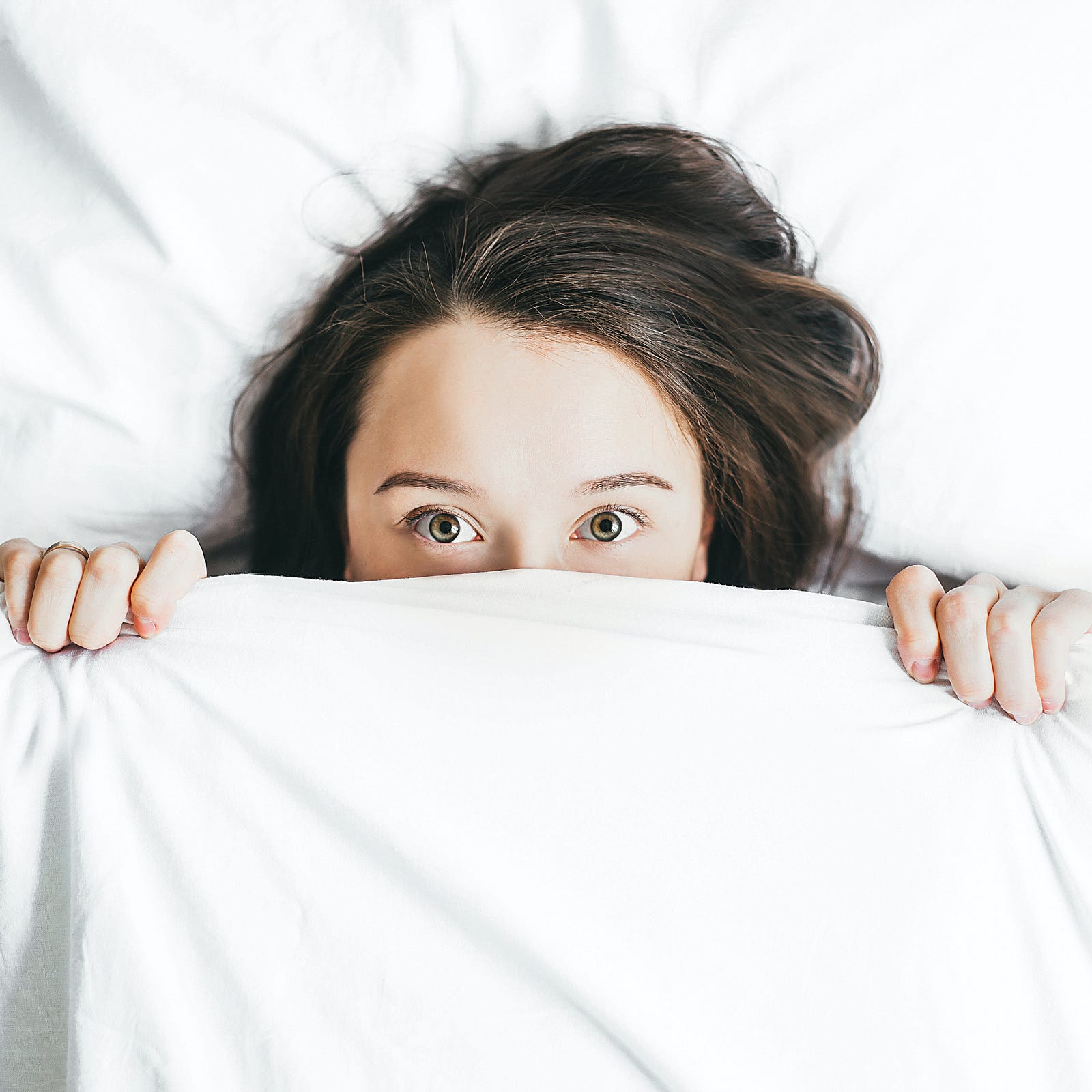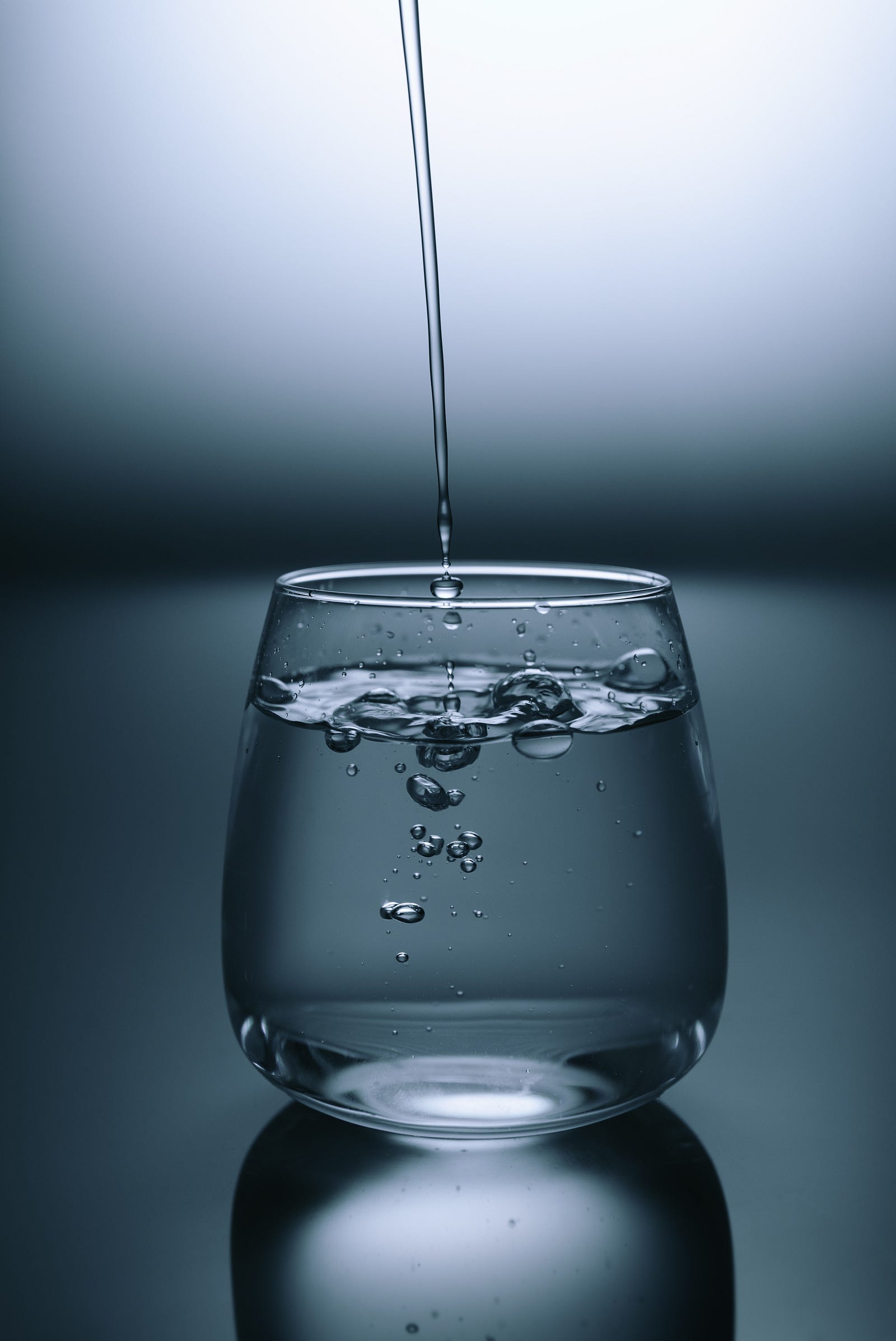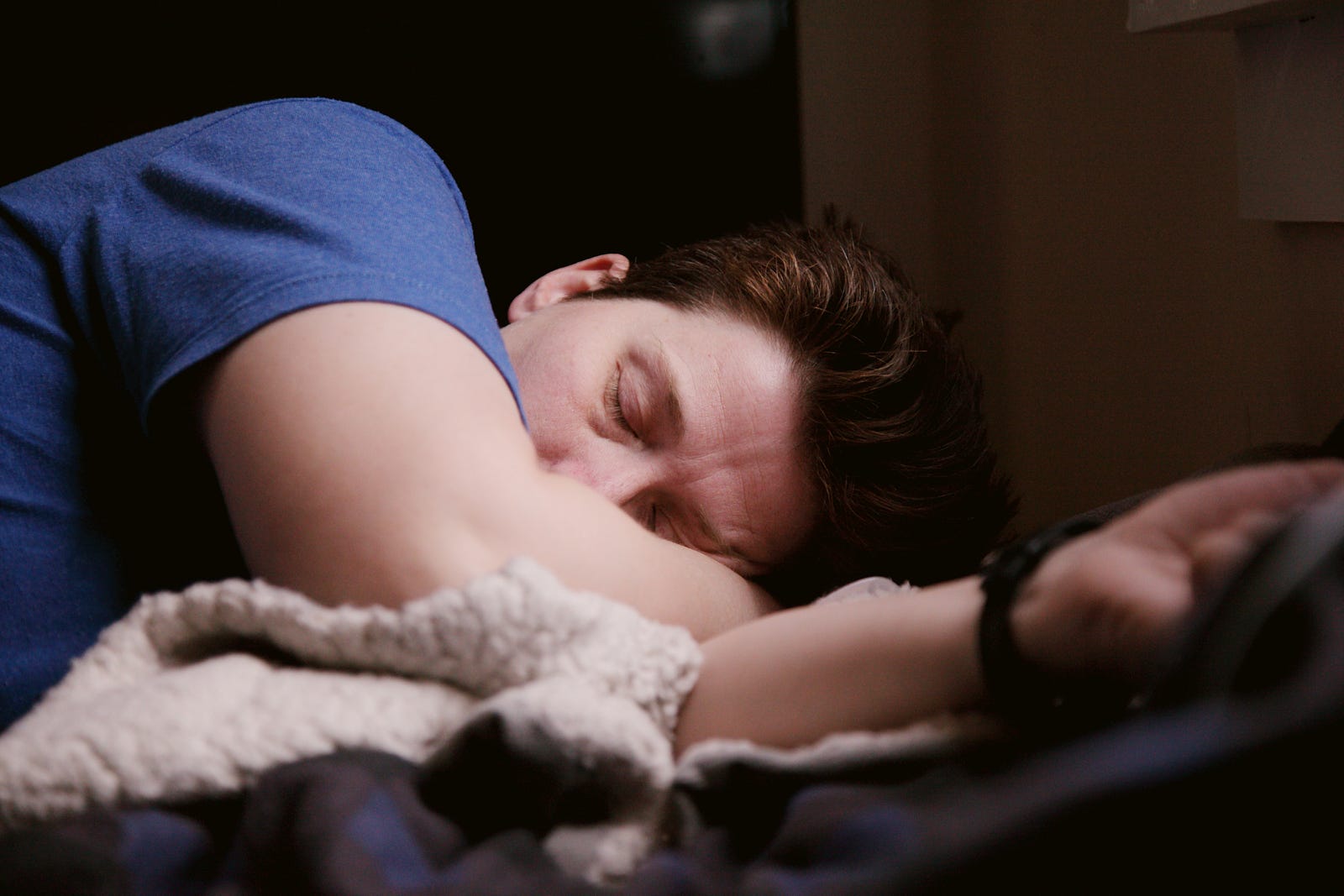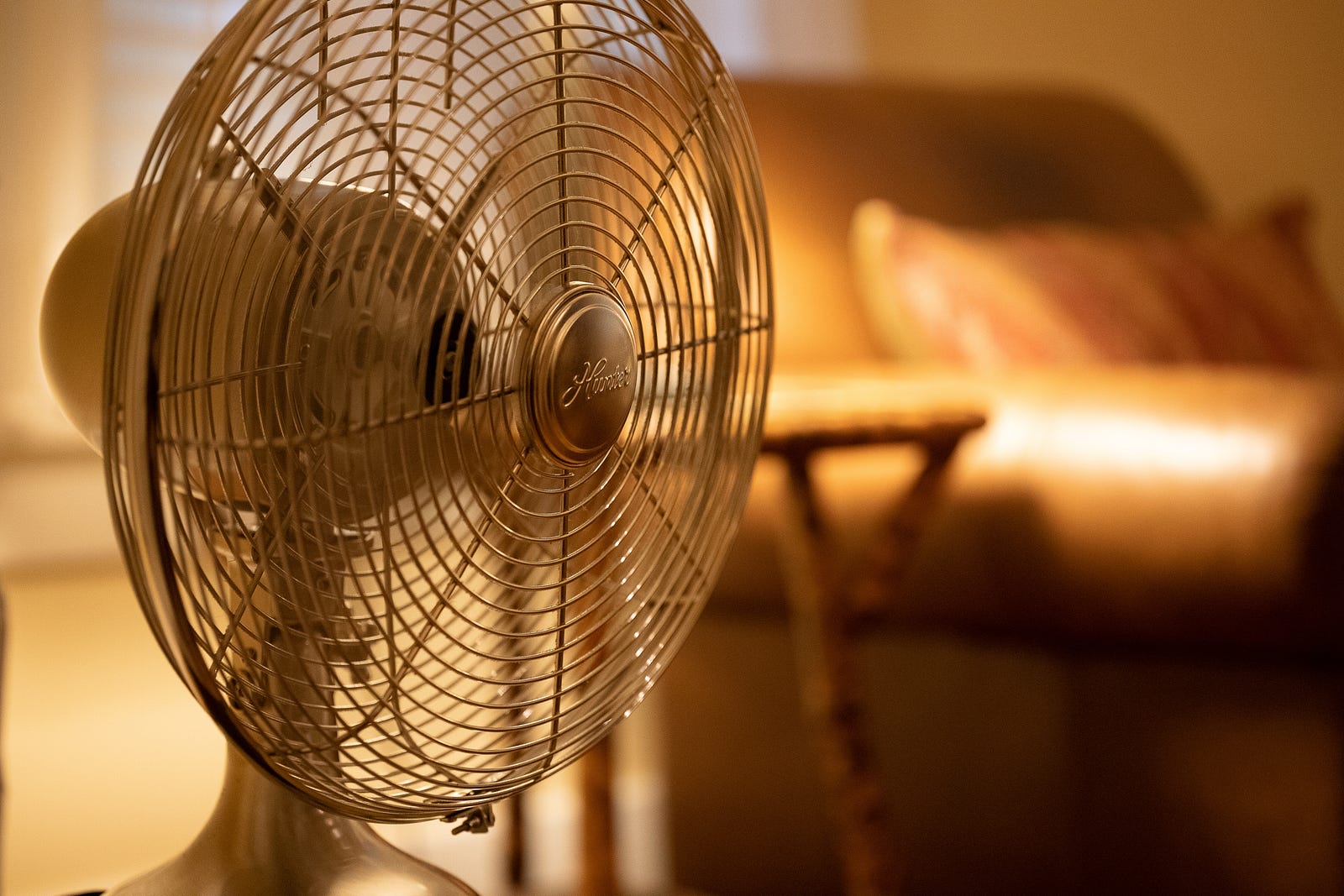AS THE SUMMER HEAT SETS IN, many of us find it challenging to get a good night’s sleep due to the uncomfortable and sweaty conditions. However, you can improve your sleep quality and wake up refreshed with a few simple adjustments. This essay will discuss 9 practical tips to help you sleep better in the summer heat.
I am laser-focused on getting adequate sleep as I train for next year’s over-60 bodybuilding competition.
Sleep Deprivation
The US National Heart, Lung, and Blood Institute offers this definition:
Sleep deprivation is a condition that occurs if you don’t get enough sleep. Sleep deficiency is a broader concept.
Sleep deprivation occurs if you have one or more of the following:
- Sleep deprivation: You do not get enough sleep.
- You sleep at the wrong time of day.
- You don’t sleep well or get all the different sleep types your body needs.
- You have a sleep disorder preventing you from getting enough sleep or causing poor-quality sleep.
“And so with the sunshine and the great bursts of leaves growing on the trees, just as things grow in fast movies, I had that familiar conviction that life was beginning over again with the summer.”
― F. Scott Fitzgerald, The Great Gatsby
Dangers of Insufficient Sleep
Sleep experts recommend getting at least seven hours of sleep each night, but about one in three Americans regularly sleep for less than six hours. This lack of sleep can have serious consequences for our health.
When we don’t get enough sleep, even for just one night, we tend to feel irritable and unmotivated.
We might struggle to work effectively, exercise, or eat healthily. Over time, chronic sleep deprivation increases the risk of chronic health problems, including diabetes, obesity, heart disease, and high blood pressure.

Insufficient sleep can also make us more susceptible to mental health issues like depression and anxiety. Research suggests that inadequate sleep can make us more likely to catch a cold if exposed to the virus.
In some rare cases, insufficient sleep can be even more dangerous. It can lead to daytime sleepiness and something called “microsleeps.”
Microsleeps are brief moments of sleep that happen during the day and usually last for just a few seconds.
If you’ve ever briefly nodded off while listening to a lecture, you’ve experienced a microsleep. These episodes can last for 10 or 15 seconds and become extremely risky if they occur while driving.
Let’s learn how to beat the summer heat to get some zzzs. I offer nine tips for you to sleep more soundly.
1. Keep your bedroom cool and well-ventilated.
Maintaining a cool environment in your bedroom is essential for a good night’s sleep during the summer.
Close the curtains or blinds during the day to block out the sun’s heat, and open windows and use fans to promote airflow and circulation.
Placing a bowl of ice or a cold, wet cloth in front of a fan can provide extra cooling relief.
2. Choose breathable bedding and clothing.
Opt for lightweight, breathable fabrics like cotton or linen for your sheets, pillowcases, and pajamas.
These materials allow for better airflow and help wick away moisture, keeping you cool and comfortable throughout the night.
Best Material for Bed Sheets | Sleep Foundation
Learn how a sheet’s materials affect its performance, and get the information you need to know which sheet material…www.sleepfoundation.org
3. Use a cooling mattress or mattress topper.
Investing in a cooling mattress or mattress topper can significantly improve your sleep quality during the summer.
These products are designed to regulate body temperature and provide a cooler surface to sleep on, reducing the discomfort caused by heat.
4. Stay hydrated.
Drinking plenty of water throughout the day is important for your overall health and can help regulate body temperature during sleep. Keep a glass of water by your bedside to sip on if you wake up thirsty during the night.
While we commonly refer to sleep as a time of rest, our bodies remain active and engaged throughout the night.
During various sleep stages, such as REM and deep sleep, essential processes restore and repair different aspects of our physiology.
These include rejuvenating muscles, bones, and even the brain, where the glymphatic system efficiently eliminates neurodegenerative toxins. Remarkably, water plays a pivotal role in facilitating all of these functions.

The National Sleep Foundation reminds us that some densely foam-based mattresses tend to absorb and retain body heat, leading to excessive warmth.
On the other hand, there are mattresses designed to promote cooler sleep, incorporating features like ventilated latex and open coil systems that facilitate air circulation within the mattress.
Similarly, the choice of pillow can also influence temperature regulation. While certain pillows may trap heat, pillows made from materials such as latex, ventilated foam, and wool offer superior control over temperature.
Dr. Brandon Peters, a neurologist and sleep specialist practicing at Virginia Mason Medical Center in Seattle, highlights the significance of hydration during sleep.
He explains, “During REM sleep, the brain consolidates memories and facilitates learning, while deep sleep allows the body to rebalance chemicals, recover, and heal. As water is fundamental to each of these intricate biological processes, dehydration at bedtime can significantly impact the body’s ability to restore itself throughout the night.”
5. Limit Alcohol Intake.
Both caffeine and alcohol can disrupt your sleep patterns and contribute to restless nights.
Indulging in a few glasses of wine or alcoholic beverages in the evening may initially hasten your journey to sleep.
We commonly forgo certain responsibilities like washing dishes or following a skincare routine after a night out or a festive gathering.
However, even if you drift off into slumber, excessive alcohol consumption can lead to a restless night’s sleep. This problem is due to alcohol disrupting our sleep architecture — the normal cycle of alternating between deeper and lighter sleep stages.
A night of drinking can interrupt your sleep patterns, causing fragmented sleep where you may wake up multiple times as you transition through the usual sleep stages.
While it initially serves as a sedative, as it is metabolized, alcohol becomes activated.

In the first half of the night, when alcohol levels in your bloodstream are still relatively high, you may experience deep, dreamless sleep.
One reason for this is that alcohol affects gamma-aminobutyric acid (GABA), a neurotransmitter in the brain that inhibits nerve cell impulses, inducing a calming influence.
Additionally, alcohol can suppress rapid eye movement (REM) sleep, which is the stage when most dreaming occurs.
Alcohol’s Effects Throughout the Night
As the night progresses and alcohol levels in your system decline, your brain becomes more active, leading to potential sleep disturbances such as fragmented sleep.
The result can be vivid or stressful dreams, leading to more frequent awakenings.
Moreover, alcohol acts as a diuretic, increasing urine production and potentially causing you to wake up to use the bathroom.
It remains unclear whether the urge to urinate directly causes awakenings or if individuals become more attuned to bodily sensations during the second half of the night due to more disrupted sleep.
Finally, alcohol consumption can increase snoring. The substance is a muscle relaxant, particularly affecting the upper airway muscles, which can disrupt normal breathing patterns.
This situation can be particularly hazardous for individuals with obstructive sleep apnea, as their airways intermittently collapse, leading to frequent awakenings throughout the night.
6. Create a relaxing bedtime routine.
Establishing a soothing bedtime routine signals your body and mind that it’s time to wind down and prepare for sleep.
Consider activities like reading a book, taking a warm bath, or practicing relaxation techniques such as deep breathing or gentle stretching exercises.

7. Consider using a fan or air conditioner.
Using a fan or air conditioner in your bedroom can create a cool and comfortable environment for sleeping.
These appliances help circulate air and lower the ambient temperature, promoting better sleep quality.
8. Take a Hot Bath
Taking a bath in warm water before bed can help you cool down and promote better sleep. When you soak in a tub of warm water, it causes your body temperature to rise.
Once you step out of the bath, your body starts to cool down, and this drop in temperature can signal to your brain that it’s time to sleep.
It’s important to note that the timing of the bath is crucial. A bath a couple of hours before bedtime is better than immediately prior.
This delay allows your body enough time to cool down before sleeping. Cooling down your body before bed can lead to improved sleep quality.
This allows your body enough time to cool down before you lie down to sleep. Cooling down your body before bed can lead to improved sleep quality.
Also, bathing can relax your mind and body, helping you unwind and reduce stress. The warm water can soothe your muscles and promote relaxation, making it easier to fall asleep more quickly.
9. Keep ice water within reach
I sometimes keep a cool glass of water on my nightstand. The water can provide much-needed relief if I awaken due to too much heat.
Final Thoughts: Beat the Summer Heat
Getting a good night’s sleep in the summer heat is possible with a few simple adjustments to your sleep environment and routine.
You can improve your sleep quality and wake up refreshed by keeping your bedroom cool, using breathable bedding, staying hydrated, and following a relaxing bedtime routine.
Limit caffeine and alcohol consumption, and consider using a fan or air conditioner to create a comfortable sleeping environment. With these seven tips, you’ll be able to sleep more soundly and enjoy the summer nights to the fullest.
One more thing: You could freeze your pillowcases! Finally, set your thermostat to around 65 degrees, the best temperature for sleep.
The information I provided in this blog is for educational purposes only and does not substitute for professional medical advice. Please consult a medical professional or healthcare provider for medical advice, diagnoses, or treatment. I am not liable for risks or issues associated with using or acting upon the information in this blog.
Thank you for reading “9 Tips to Sleep Better.”




